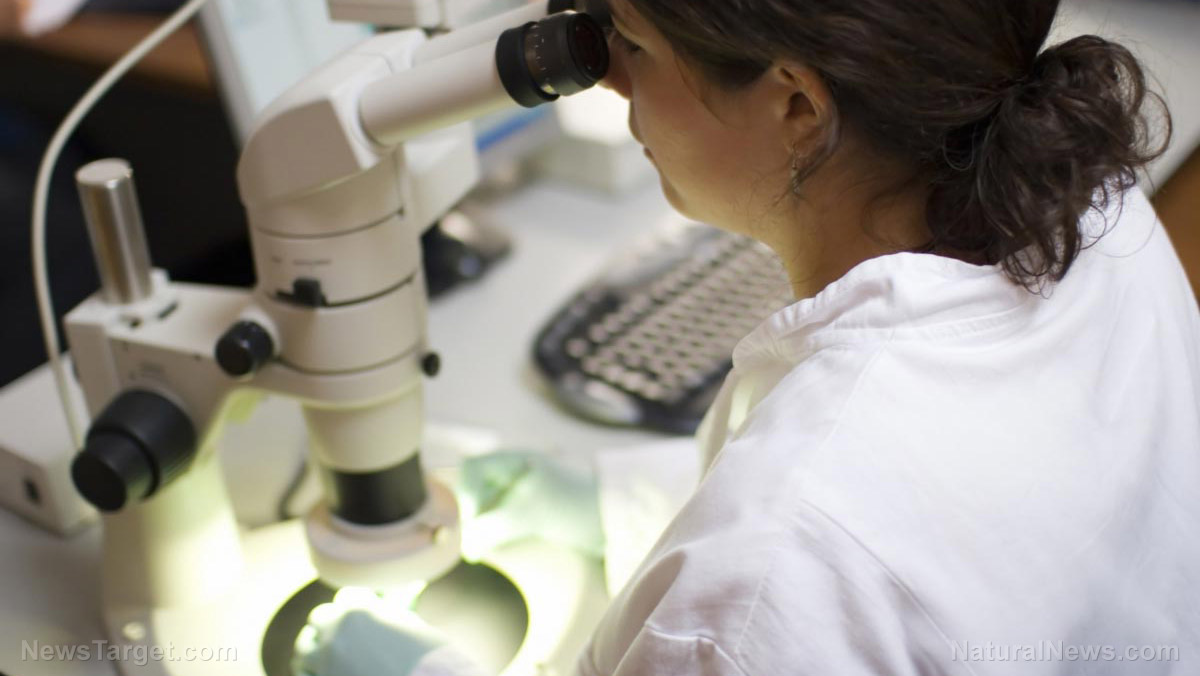07/03/2018 / By Michelle Simmons
People with celiac disease cannot eat the protein called gluten because it harms their small intestine. Apparently, although this autoimmune disease is now common, with a prevalence of approximately one person out of 100 in the world, most of them are unaware that they have it.
Here are 12 signs of celiac disease that you should not ignore:
- You have gut problems – Symptoms of celiac disease are often related to the gut, such as nausea, diarrhea, stomach pains, and constipation. These symptoms that most people associate with the condition. However, they often go misdiagnosed as irritable bowel syndrome (IBS). According to research, 11 percent of the global population has IBS but this diagnosis can cause people with celiac disease to live untreated.
- You have mouth ulcers – Mouth ulcers are a common symptom of autoimmune conditions, such as celiac disease, because they indicate a generally rundown system. Mouth ulcers among celiacs are large and sore, causing a particular detrimental impact as the whole mouth is affected.
- You feel tired – Tiredness is one of the most commonly ignored symptoms of celiac disease as it is often mistaken as a common and everyday feeling. Extreme tiredness can be a side effect of the other symptoms like when the body is not getting adequate nutrients because the reaction it is having to gluten.
- You have rashes on the skin – The skin rash called dermatitis herpetiformis (DH) is linked to celiac disease. It is an autoimmune problem that causes small itchy and stinging blisters to develop. Although they can develop anywhere, they commonly occur on the elbows and knees.
- You are anemic and B-vitamin deficient – When the body does not absorb enough iron, anemia can occur. Although not everyone with anemia will have celiac disease, it can often be an indicator of deficiencies in B vitamins. Nutritional deficiencies occur in people with celiac disease because the condition damages the lining of the gut, which in turn cause malabsorption of the vitamins and nutrients from the food you eat.
- You have ataxia – Ataxia is a group of disorders that affect coordination, balance, and speech, which can lead to problems with balance and walking, vision, and speaking and swallowing.
- Your bones are weak – Another sign that your body cannot handle gluten is when you have osteoporosis, a condition makes the bones weak and fragile.
- You’re depressed – Depression is another sign of celiac disease. However, the exact relation between depression and celiac disease is still unknown.
- You experienced repeated miscarriages – Some studies have shown that undiagnosed, untreated celiac disease is associated with infertility problems.
- You lost weight – Sudden weight loss can be a result of a weakened immune system and malabsorption of nutrients in the gut due to celiac disease.
- You experience hair loss – Patchy hair loss may occur in undiagnosed celiac disease. Although it is not a typical symptom like gut problems, it is something that you should be aware of.
- You lose teeth – Tooth loss is a rare symptom of celiac disease. An undiagnosed celiac disease can cause tooth damage due to a sort of discoloration and grooving of the enamel.
The best way to treat celiac disease is to eliminate gluten from your diet. Fortunately, there are naturally gluten-free food groups that you can include in your gluten-free diet. These include fruits, vegetables, meat and poultry, dairy, beans, legumes, and nuts. (Related: What we eat directly translates to how vulnerable we are to disease: Here’s why 1 in every 100 people now suffer from celiac disease.)
Read more news stories and studies on disease prevention by going to Prevention.news.
Sources include:
DailyMail.co.uk
Celiac.org
Receive Our Free Email Newsletter
Get independent news alerts on natural cures, food lab tests, cannabis medicine, science, robotics, drones, privacy and more.



















